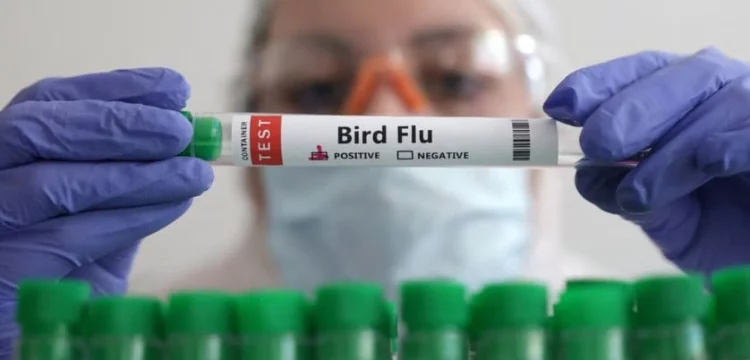The US government has allocated $176 million to Moderna for developing a vaccine against bird flu amid a concerning outbreak in dairy cows. Influenza A (H5N1) has affected 132 dairy cow herds across 12 states, with three human cases linked to exposure since its detection on March 25. Moderna will leverage its mRNA technology, used in their COVID-19 vaccine, supported by BARDA, to expedite vaccine development, clinical trials, FDA approval, and large-scale production readiness for potential public health emergencies.
Public health experts, including Rick Bright, former BARDA director, view this funding as a significant step forward in enhancing pandemic response capabilities. However, concerns persist regarding testing adequacy and transparency in monitoring the outbreak’s impact. Rick Bright highlighted the need for more extensive serology testing to track mild or asymptomatic infections, human-to-human spread, and the true extent of the outbreak.
Also Read: Elon Musk surprises with the arrival of his 12th child alongside Neuralink’s Zilis.
The US Department of Agriculture (USDA) has faced criticism for lack of transparency regarding the outbreak’s size and scope. With over 100 infected herds reported, potentially amounting to tens to hundreds of thousands of infected cows, transparency in data disclosure remains a critical concern. Colorado has emerged as a hotspot with 26 reported herds affected, highlighting regional challenges in containment and monitoring.
Despite the growing number of infected herds, human infection risk remains low, according to CDC assessments. Nonetheless, experts caution that unchecked spread among animals increases the risk of viral mutation, potentially leading to forms more dangerous to humans. Christer Watson, a science writer, expressed concerns about the virus mutating to attach more effectively to human respiratory cells, underscoring the unpredictable nature of viral evolution and the importance of proactive containment strategies.











